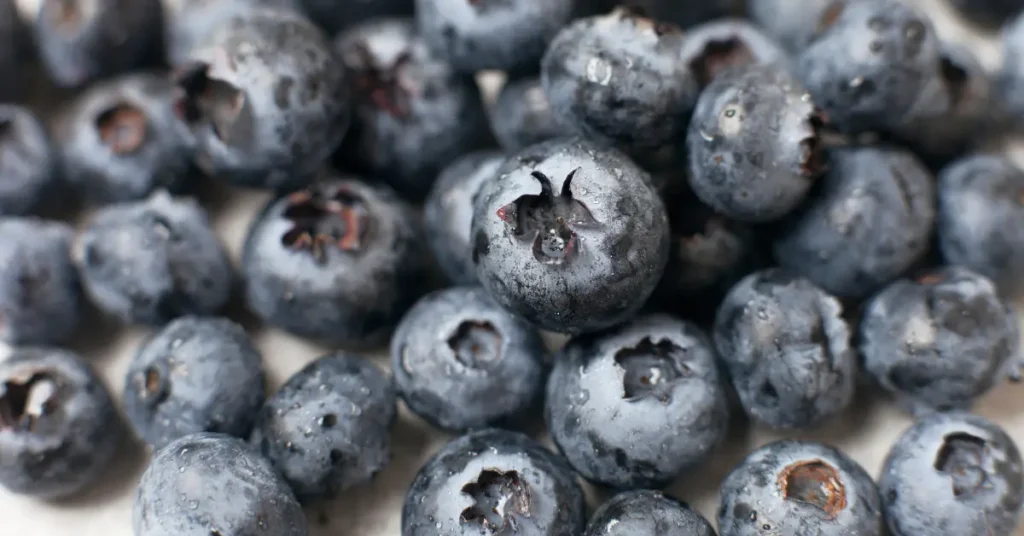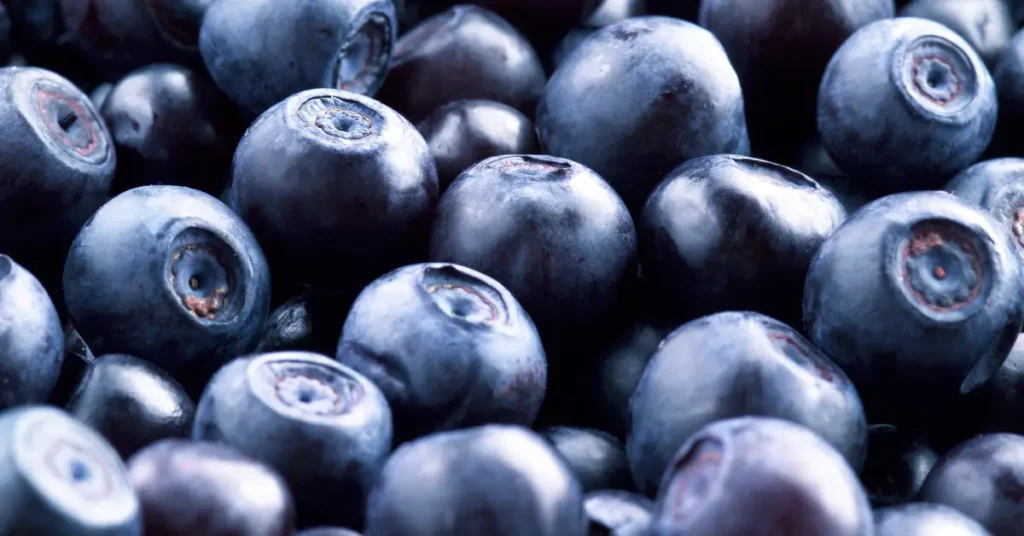10 Health Benefits of Bilberries You Need to Know
Bilberries, also known as European blueberries, are small, blue-colored berries that grow on shrubs found in Europe, Asia, and North America. These delicious fruits are packed with nutrients and have been used for centuries in traditional medicine.
Bilberries are similar to their cousin, the American blueberry, but they are darker in color, smaller in size, and have a slightly more intense and tangy taste. Besides being used in traditional remedies, bilberries also offer various health benefits. Here are 10 incredible health benefits of bilberries you must know.

Health Benefits of Bilberries:
Health benefits of bilberries include antioxidants, eye health promotion, improved circulation, and blood sugar lowering.
1. Rich in Antioxidants
One of the main reasons why bilberries are considered a superfood is their high antioxidant content. Antioxidants are compounds that help to protect our cells from free radicals, which are unstable molecules that can cause damage and lead to diseases like cancer and heart disease. The high levels of antioxidants in bilberries, specifically anthocyanins, contribute to their deep blue color and play a vital role in protecting our bodies from oxidative stress.
2. Promotes Eye Health
Bilberries are well-known for their ability to improve eye health. They contain a compound called anthocyanosides, which have been shown to improve night vision and protect the eyes from age-related macular degeneration (AMD). AMD is a condition that affects the retina and can cause vision loss, particularly in older adults. Regular consumption of bilberries may help prevent the development and progression of AMD, thanks to their anti-inflammatory and antioxidant properties.
3. Reduces Risk of Heart Disease
The anthocyanosides present in bilberries also have positive effects on heart health. They help to reduce inflammation, lower blood pressure, and improve blood flow, all of which contribute to a healthy heart. These small yet powerful berries also contain quercetin, a natural compound that has been linked to a reduced risk of heart disease. Incorporating bilberries into your diet may help to keep your heart healthy and reduce the risk of heart attacks and strokes.
4. Supports Digestive Health
Bilberries are packed with fiber, which is essential for maintaining a healthy digestive system. Fiber helps to regulate bowel movements, prevent constipation, and feed the good bacteria in our gut. One cup of bilberries contains around 8 grams of fiber, making it an excellent source of this essential nutrient. In addition, the anthocyanosides in bilberries have been found to have anti-inflammatory effects on the digestive system and may help to alleviate symptoms of inflammatory bowel diseases such as ulcerative colitis and Crohn’s disease.
5. Boosts Immune System
Bilberries are rich in vitamin C, which plays a crucial role in maintaining a healthy immune system. Vitamin C is a powerful antioxidant that helps to protect our immune cells from damage caused by free radicals. It also supports the production of white blood cells responsible for fighting off infections and diseases. Including bilberries in your diet can boost your immune system and help you stay healthy.
6. Aids in Weight Loss
Bilberries are low in calories, making them an excellent addition to a weight-loss diet. In addition, they are rich in polyphenols, a type of antioxidant that has been found to have anti-obesity effects. Polyphenols help to regulate the body’s metabolism, decrease fat absorption, and suppress appetite, all of which can contribute to weight loss. When combined with a healthy diet and regular exercise, bilberries can be an effective tool for shedding excess pounds.
7. Helps to Control Blood Sugar Levels
The anthocyanosides found in bilberries have been shown to have blood sugar-lowering effects, making them beneficial for people with diabetes. Studies have found that regular consumption of bilberries can improve insulin sensitivity and reduce blood sugar levels. The fiber in bilberries also helps slow down sugar absorption into the bloodstream, preventing blood sugar spikes and crashes.
8. Anti-Cancer Properties
The antioxidant and anti-inflammatory properties of bilberries make them potential cancer-fighting foods. Studies have found that the anthocyanins in bilberries can inhibit the growth of cancer cells and even induce cell death in these cells. Furthermore, the vitamin C in bilberries can help to strengthen the immune system to fight against cancer cells. While more research is needed in this area, including bilberries in your diet may positively impact cancer prevention.

9. Improves Skin Health
The high levels of antioxidants and vitamin C in bilberries make them beneficial for skin health. These nutrients help to protect the skin from environmental damage, promote collagen production, and reduce the appearance of fine lines and wrinkles. Bilberries have also been found to have anti-inflammatory effects on the skin, making them useful for treating acne and other skin conditions.
10. Provides Energy and Brain Function
Bilberries are a rich source of B-complex vitamins, which are essential for energy production in the body. They also contain iron, which is necessary for maintaining healthy energy levels. Consuming bilberries can also improve brain function and cognitive abilities. Their high antioxidant content may help to protect brain cells from oxidative stress, which can contribute to conditions like dementia and Alzheimer’s disease.
Conclusion:
In conclusion, bilberries are more than just a tasty treat. They are a powerhouse of nutrients, antioxidants, and compounds that provide a wide range of health benefits. From promoting eye and heart health to boosting brain function and aiding in weight loss, the benefits of including bilberries in your diet are undeniable. So the next time you spot these tiny blue gems in the supermarket, be sure to pick some up and reap the health benefits they have to offer.






